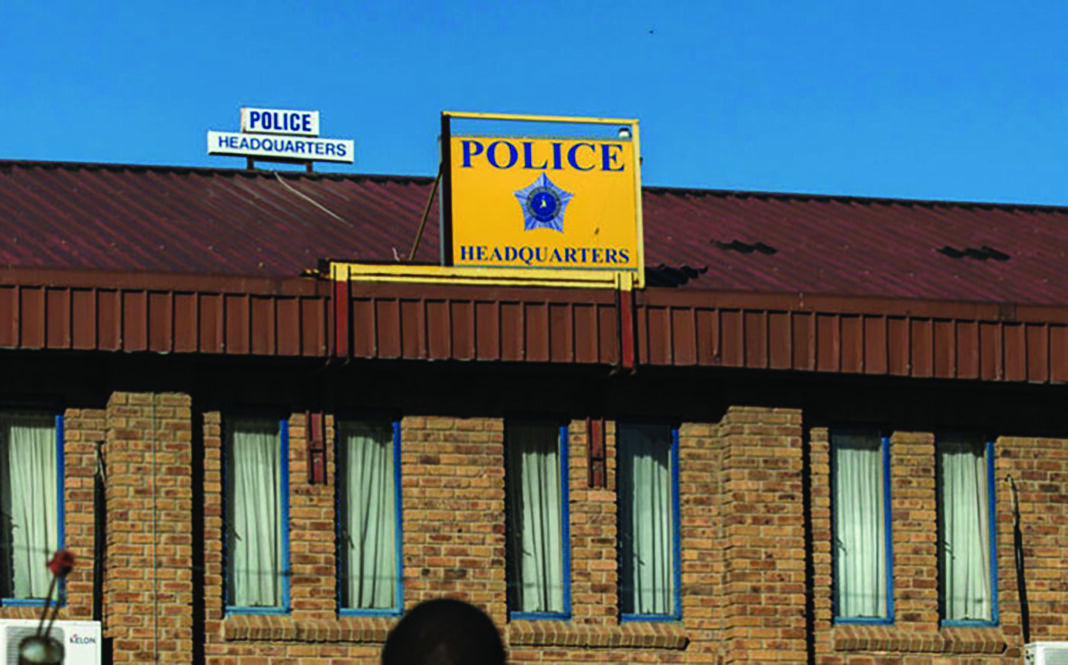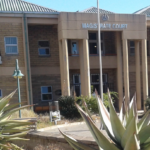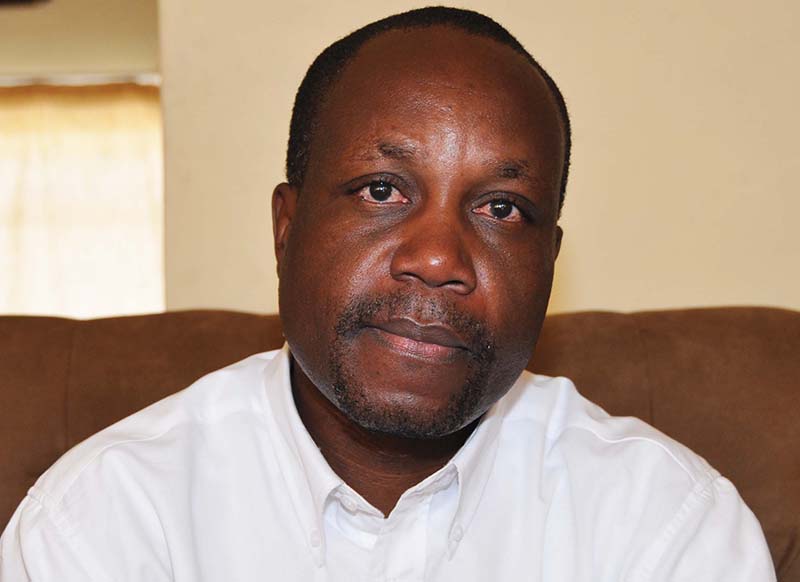In a strongly-worded rebuke, Magistrate Nkhethoa Molapo this week expressed frustration over the handling of cases brought to court before investigations are complete, a practice he said undermines the efficiency and credibility of the judiciary.
The magistrate’s remarks came during proceedings involving ‘Mamolefe Macheli and Retšelisitsoe Macheli, both residents of Quthing, who stand accused of conspiring to murder an individual on August 21, 2024.
The case, however, has been repeatedly postponed due to incomplete investigations and complications related to some of the accused reportedly residing in South Africa.
Molapo postponed the case to February 4, but not before delivering a scathing critique of police investigators for what he described as incompetence and negligence.
He emphasised that the judiciary is unfairly shouldering the blame for delays that are largely the result of shoddy police work.
“This issue of incomplete investigations being presented in court is damaging the judiciary’s reputation. People blame the courts for delays, not realising that cases are often stalled because the police have failed to complete their investigations,” Molapo said.
He further criticised investigators for disregarding the need for thorough and timely case preparation.
Lesotho’s judiciary is grappling with a significant backlog of cases, which legal experts attribute to systemic inefficiencies, including delayed investigations. This has left hundreds of cases unresolved, while accused individuals often remain unpunished, creating a perception of lawlessness.
Observers have noted that this failure to finalise cases is emboldening criminal elements, as many believe they can commit crimes without facing timely consequences. Meanwhile, victims and their families are left in limbo, awaiting justice that often feels out of reach.
Molapo called on law enforcement agencies to prioritise professional training for investigators and adopt a more meticulous approach to case handling.
“Incomplete investigations should not be rushed to court under any circumstances. Proper case preparation is essential for a fair trial and the swift administration of justice,” he added.
Complicating matters further is the transnational nature of some cases, such as the current one, where suspects reportedly reside in South Africa. This adds an additional layer of difficulty for investigators, who must navigate international protocols to apprehend suspects and gather evidence.
Molapo urged the relevant authorities to improve collaboration with their South African counterparts to expedite cross-border cases. He highlighted the need for a framework that ensures effective cooperation in criminal investigations and prosecutions involving suspects in neighbouring countries.
This criticism comes against a backdrop of the Lesotho Mounted Police Service (LMPS) being notorious for violence, brutality, and misconduct. In September 2019, then-High Court Judge Sakoane Sakoane, now Chief Justice, compared the LMPS to the Gestapo and South African apartheid police, noting their ruthless behaviour.
Gestapo was Nazi Germany’s infamous political police force. It ruthlessly, according to reports, eliminated opposition to the Nazis within Germany and its occupied territories and, in partnership with the Sicherheitsdienst, was responsible for the roundup of Jews throughout Europe for deportation to extermination camps.
“It is a matter of shame that the applicant (Kabelo Ratia) had been tortured and forced to eat his faeces by the Matela police and nothing was done to bring them to book, this type of conduct bespeaks of the most despicable, sadistic behaviour and savagery to which men and women in uniform have stooped, contrary to their oath under the Police Service Act no 7 of 1998,” Sakoane said in 2019.
Ratia was allegedly tortured in police cells until he soiled himself and then was reportedly forced to eat his own faeces by police. He had been arrested for alleged theft.
“The police have reached the worst of police brutality even surpassing the Gestapo and apartheid police, this record must not be allowed to remain in the annals of the history of the Lesotho Police Service,” said Sakoane in a judgment which criticised prosecution and magistrate ‘Makopano Rantšo for how they handled Ratia’s case when they remanded him in custody despite reports that he was tortured.
Sakoane suggested that the officers implicated in Ratia’s torture should be removed from the police service.
He said: “This despicable conduct completely destroys the image of the police as a service and constitutes a negation of humanity and a spit in the face of the values of our constitution.”
He added: “It is not a mere disciplinary offence but a serious crime, a police officer who engages in such conduct is nothing but a criminal in uniform. He/she must be rooted out without much ado and face the full might of the law.”
Summary
- In a strongly-worded rebuke, Magistrate Nkhethoa Molapo this week expressed frustration over the handling of cases brought to court before investigations are complete, a practice he said undermines the efficiency and credibility of the judiciary.
- “It is a matter of shame that the applicant (Kabelo Ratia) had been tortured and forced to eat his faeces by the Matela police and nothing was done to bring them to book, this type of conduct bespeaks of the most despicable, sadistic behaviour and savagery to which men and women in uniform have stooped, contrary to their oath under the Police Service Act no 7 of 1998,” Sakoane said in 2019.
- “The police have reached the worst of police brutality even surpassing the Gestapo and apartheid police, this record must not be allowed to remain in the annals of the history of the Lesotho Police Service,” said Sakoane in a judgment which criticised prosecution and magistrate ‘Makopano Rantšo for how they handled Ratia’s case when they remanded him in custody despite reports that he was tortured.

Relebohile Makhetha is a court and crime reporter based in Maseru. She has been working at Newsday since 2024. She holds a Bachelor’s Degree in Professional Communication from Limkokwing University of Creative Technology (2024) and a Diploma in Mass Communication from the National University of Lesotho (Institute of Extra-Mural Studies, 2018).









